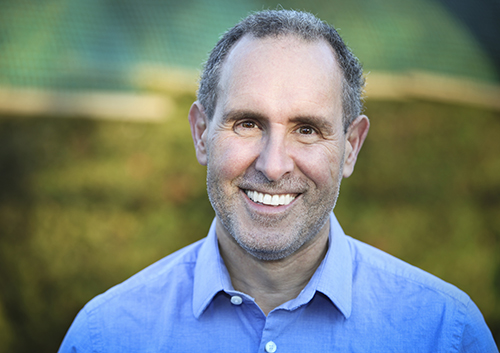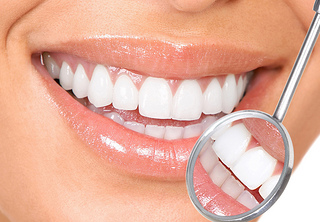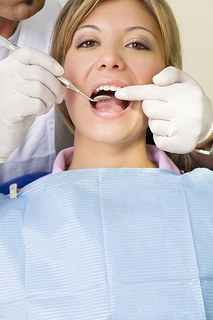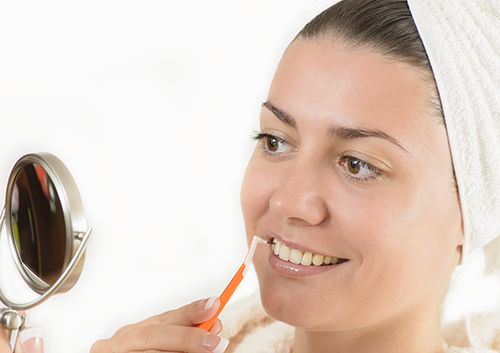When to Replace Fillings
April 24th, 2024

A dental filling replaces and restores the health of a tooth that has been damaged. Often, the need for a filling results from a cavity due to a large amount of decay in a tooth.
Teeth may also require repairs after cracking from chewing on hard objects, trauma to the mouth, grinding or clenching of your teeth, uneven chewing pressure, or exposure to extreme hot and cold temperatures.
Over time, a filling may have to be replaced after normal wear and tear has occurred. There are signs and symptoms to watch out for if your tooth may need a replacement filling, or a new filling. Cansler Family Dentistry performs various types of filling treatments, depending on the damage to the tooth.
Common signs and symptoms to watch out for if you have a cracked tooth can include sharp pain when you bite down, pain that comes and goes, discomfort when eating or drinking, or a constant feeling that something is stuck in your teeth. The crack may not be visible to the eye, which makes it hard to tell whether a tooth is actually cracked.
Pain may come and go quickly when you bite down because you’re expanding the crack with the combined pressure of your teeth. If you notice this happening, contact Dr. Landon Cansler right away so we can get X-rays of your mouth and quickly fix the problem.
If you’ve had a filling in your mouth in the past, you could be due for a replacement. The seal between the tooth and the filling may break down over time, after which bacteria can build up underneath the filling and cause more decay.
It’s vital to catch this early so a filing can fix the problem. If you wait too long, a crown or a root canal may be the only option. You may not notice that a long-time filing is cracked or worn down, because it can take a long time to feel any discomfort. This is one of the reasons we recommend a dental checkup every six months.
If you need a tooth filling or a replacement filling, different filling choices vary in price. Gold fillings and porcelain fillings are more expensive options that last longer -- typically around 20 years. Porcelain fillings match the color of the rest of your teeth, however, which makes them less visible.
Another option is amalgam, or silver fillings, that less expensive but may be more noticeable in visible areas of your mouth. Composite, or plastic fillings, are another affordable option that can be matched to the color of your teeth. Composites are more likely to wear out over time and not last as long: usually around three to ten years.
If you think a past filling might be due for replacement, schedule an appointment at our Newton, NC office. Make sure to stay on top of your routine dental appointments in order to prevent decay from breaking down problem teeth.
If we catch the problem early, we can save you both money and time. Fillings can be a great way to resolve any existing teeth issues, and prevent extensive dental care practices from becoming necessary in the future.



























































